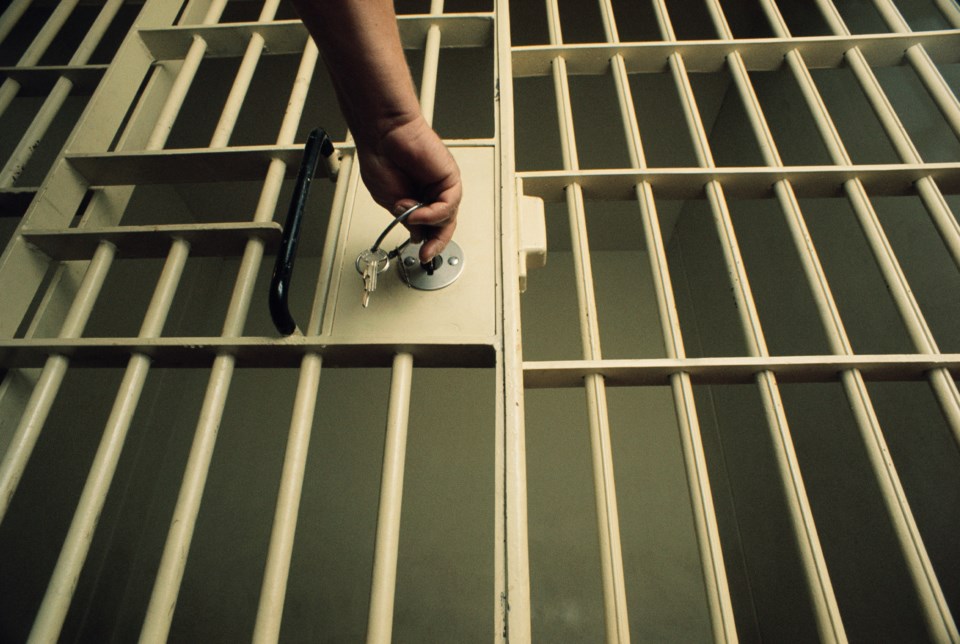The Court of Appeal for B.C. has ordered a new trial in the case of a Vancouver man convicted of first-degree murder in 2021 and sentenced to life with no possibility of parole for 25 years.
In sentencing reasons released Nov. 30, 2021, B.C. Supreme Court Justice James Williams called the Jan. 26, 2019 Vancouver murder of 69-year-old Zenen Cepeda Silva cold‑blooded and cowardly.
Just before midnight that day, police responded to a 911 call about a shooting on Fraser Street near East 51st Avenue.
Officers arrived to find Cepeda Silva suffering from gunshot wounds. He was taken to hospital where he was pronounced dead.
In the Aug. 19 unanimous appeal decision of three judges, Appeal Justice Gregory Fitch said that Cepeda Silva was sitting on the porch of his residence with his wife Maria Baldivia.
On Nov. 6, 2021, a jury found Alvaro Julio Roche-Garcia guilty of first-degree murder. A sentence of 25 years in jail before possibility of parole was passed Nov. 9, 2021.
Williams said the evidence proved Roche-Garcia approached the front of Cepeda Silva's home under cover of darkness.
“He was armed with a handgun. He fired one shot, struck Mr. Cepeda Silva in the torso, likely in the back. Death resulted shortly after,” Williams said.
Roche-Garcia immediately left the scene.
The appeal
Fitch said the central issue at trial was the identity of the perpetrator.
He said the Crown’s case rested on Baldivia’s identity and recognition evidence; video surveillance of a man arriving and leaving in a vehicle with what appeared to be a handgun; Roche-Garcia’s roommate identifying him in the video; and firearms evidence confirming the bullet that killed the victim was fired from the same gun as a bullet recovered from Roche-Garcia’s residence.
Fitch said among Cepeda Silva’s last words to Baldivia were “…look how Alvaro has killed me.”
Among other issues, including an alleged flawed charge to the jury, Roche-Garcia argued on appeal that the statement had gone before the trial without a ruling on the admissibility of this hearsay utterance.
Fitch ordered a new trial saying the lack of the statement admissibility inquiry was an error in law.
Further, Fitch said, the instructions given to the jury on the use they could make of Roche-Garcia’s out-of-court denial of guilt was also an error in law.



